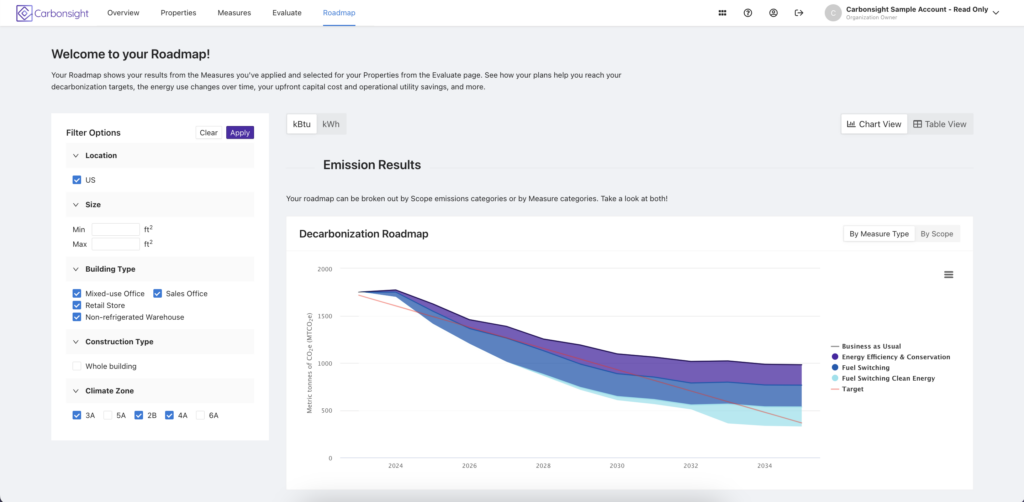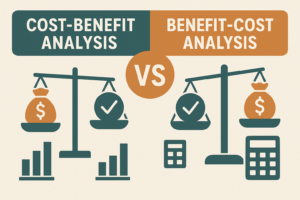Yesterday morning I was fortunate to be in a small group of people gathered in West Tisbury on the Island of Martha’s Vineyard to hear from Bill McKibben, author of “The End of Nature,” released in 1988. It is commonly referred to as the first commercial best seller focused on climate change. The timing was sad but perfect. Sad in that our planet is experiencing the highest temperature in over 100,000 years. At the same time, tens of millions of people are experiencing the ramifications first-hand. Billions of people worldwide are feeling pressure to flee the realities of extreme weather.

As for perfect, just five days ago I was on a Zoom call with leaders associated with the International Coalition for Sustainable Infrastructure (ICSI). During the call we debated emphasis on the word “sustainable” (consideration of the needs of future generations) as opposed to “resilient” (the ability to recover quickly from extreme evens) or even references to global warming (the planet is “on” fire). The group concluded that we have reached a point where taking steps that span decades is no longer a sufficient response by itself. We found perfection in the realization that the threat to the planet could not be more obvious or immediate. The planet is changing and there is little time left to do something about it.
As McKibben says, “We Don’t Have Time” to take steps needed to avoid, or even lesson disasters worldwide. He offered a climate action shortlist that we can all contribute toward:
Bill McGibben’s Climate Action Shortlist
- Go for 100% Renewable Energy
- Keep carbon in the ground.
- Divest from fossil fuels.
I don’t think he would mind if I suggested a fourth step that needs to be taken in order to achieve the speed and scale, he calls for in order to slow and even cap rising temperatures. Buildings contribute as much as 40 percent to current carbon emissions (millions of existing buildings worldwide). It’s not good enough to think of one building at a time. We need to focus on large global portfolios of buildings controlled by a relatively small number of governments (i.e., the US General Services Administration) and businesses (i.e., large REITs, commercial real estate managers, and multinational corporations).
Here’s my suggestion for McKibben’s Shortlist
- Commit to achieve Net Zero Carbon Emissions by making changes to existing buildings that reduce Scope 1,2, and 3 emissions by a time certain (setting priorities around building retrofits that deliver maximum reductions at a viable cost).
There is a rapid movement in this direction with goal setting being the primary exercise. The goals themselves are not enough. Some companies are even reneging on modest targets as they recognize the complexity or profit impact involved. On July 6th (the planet’s warmest day in over 100,000 years), one major fossil fuel company walked back on a commitment to reduce annual production by 2 percent due to what was said as an obligation to maximize shareholder returns. Fortunately, the regulatory community and stakeholder demands are rapidly catching up and steps are being taken to commit to planning activity needed to focus on efforts capable of scaling thousands of buildings at a time. Automated tools including Carbonsight Essentials have been introduced to supplement reporting tools already offered by #SalesForce, #Measurabl, and others.
Carbonsight streamlines the process by:
- identifying and aiding in baselining building performance,
- suggesting building specific decarbonization measures (based on reduction outcome in exchange for investment),
- reducing risk of not hitting targets by anticipating and planning for changes in macroeconomic conditions,
- tracking and reporting implementation activities in a single building performance dashboard, while
- supplying feedback into Decarbonization and ESG reporting platforms.
At the end of McKibben’s talk (actually, it was a sermon) he called for each of us to do what we can to heal the planet. We can all contribute in our own way. Carbonsight is my offering to a long-term solution.
John Williams, Founder and CEO at Autocase, Makers of Software that lifts society and heals the planet.





